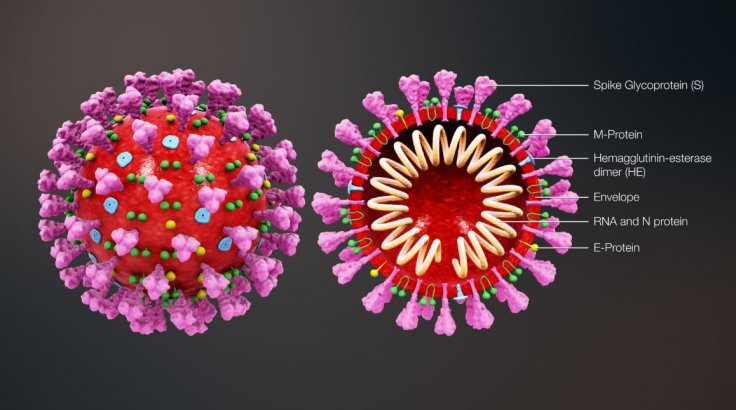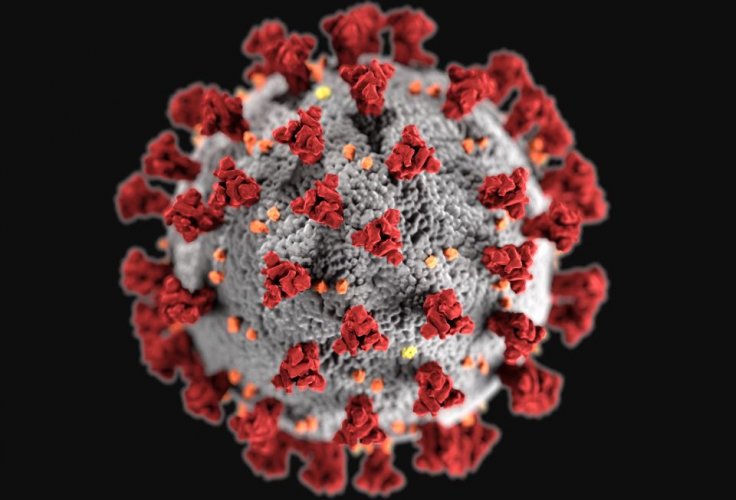In what can prove to be an important development in the treatment of COVID-19 patients with severe respiratory impediments, researchers from China suggest that lying face down is beneficial for the lungs of patients who are on ventilators.
Haibo Qiu, co-author of the study, stated that the findings indicate that while some patients fail to respond positively to high positive pressure, they responded better to prone positioning or lying facing downward.
"This study is the first description of the behavior of the lungs in patients with severe COVID-19 requiring mechanical ventilation and receiving positive pressure," said Qiu.

A six-day study factoring several elements
The retrospective study consisted of 12 patients at the Wuhan Jinyintan Hospital, China, who were suffering from COVID-19. Their condition was made worse by acute respiratory distress syndrome (ARDS) that was brought on by the infection and required the assistance of a mechanical ventilator. The study was carried out for a six-day period beginning with 18 February 2020.
An index known as the Recruitment-to-Inflation ratio — that measures the lungs' response to pressure, which is also known as lung recruitability — was used by the doctors. This index was developed by researchers from the University of Toronto, prior to the study. During the course of the examination, the effect of body positioning on breathing was evaluated.
Prone position (i.e) lying face down was carried for 24-hour durations where the level of blood oxygenation in patients was continuously low. Using devices on the ventilators, the clinicians measured the airway pressure, lung volume, and oxygen flow. Other vital measurements such as the aeration of their airway passages were also recorded, and calculations to gauge lung recruitability were done.

Prone positioning enabled better breathing
In general, the doctors found that several of the patients admitted in the ICU had developed ARDS. Among the chosen patients, seven were provided at least one prone positioning session. Along with prone positioning, three patients also received ECMO (Extracorporeal membrane) oxygenation. ECMO is also known as life support and is provided when the lungs and heart cannot function enough to keep a patient alive. Sadly, three other patients in the study died.
It was found that the lung recruitability was poor in patients who were not subjected to prone positioning. However, alternating between prone positioning and supine (face upwards) was found to result in higher lung recruitability.
Potential to help COVID-19 patients who require ventilator assistance
While the study involved a very small-scale population, the findings hold great importance for the future treatment of coronavirus patients.

"It is only a small number of patients, but our study shows that many patients did not re-open their lungs under high positive pressure and may be exposed to more harm than benefit in trying to increase the pressure," said Chun Pan, co-author of the study. "By contrast, the lung improves when the patient is in the prone position."
He also said that the findings were important with regards to effective treatment of COVID-19 patients who require ventilator assistance for breathing.









